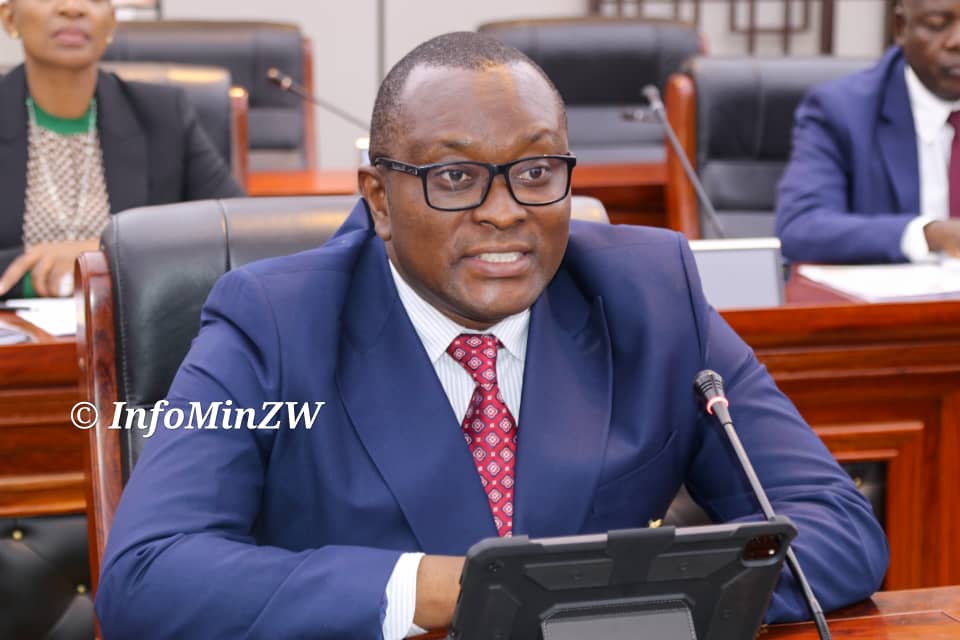Harare, (New Ziana) – The Zimbabwe government has unveiled bold plans to accelerate digital transformation and inclusive education following its participation in the 14th Innovation Africa Summit, held in Addis Ababa, Ethiopia, from 27 to 30 April 2025.
Information, Publicity and Broadcasting Services Minister Dr Jenfan Muswere said this during a post-Cabinet media briefing on Tuesday.
He said Cabinet had received and noted the report on the high-level Summit, which convened Ministers of Education, ICT and Skills, alongside private sector leaders and development partners.
Muswere said the theme of the Summit, “Educate an African Fit for the 21st Century,” resonated with Zimbabwe’s national development goals.
“The Summit focused on addressing Africa’s education gaps through public-private partnerships, with particular attention on digital transformation, teacher development, equitable access, and alignment with AU Agenda 2063, SDG 4, and the Continental Education Strategy for Africa,” he said.
In line with the Summit’s resolutions, Zimbabwe will forge strategic partnerships with the Digital Schools and Global Skilling Academies of the United Arab Emirates.
The initiative aims to harness solar energy, digital education, and skills development to uplift rural communities and drive inclusive national growth.
“As a way forward, Government will partner with the Digital Schools and Global Skilling Academies of the United Arab Emirates to harness the potential of solar energy, digital education, skills development, and public-private community partnerships,” said Muswere.
A key component of the transformation will be the annual training of more than 10 000 teachers and lecturers in artificial intelligence and digital literacy, a step designed to strengthen the country’s Competence-Based Education and Training (CBET) reforms.
Additionally, the government will intensify efforts to bridge the urban-rural digital divide through the One Laptop per Child initiative.
“This strategic partnership aims to provide affordable access to digital learning tools, bridging the gap between urban and rural areas, and empowering students with the skills and knowledge necessary to thrive in a rapidly evolving technological landscape,” Muswere explained.
To ensure no one is left behind, the Government will also focus on increasing the participation of women and girls in Science, Technology, Engineering, and Mathematics (STEM) fields.
“Concerted efforts will be made to promote STEM inclusivity for women and girls, ensuring they access equal opportunities to pursue careers in these critical areas,” added Muswere.
In alignment with the SADC Industrialisation initiative and Zimbabwe’s National Development Strategy 2 (NDS2), the country will also establish more ICT manufacturing hubs while integrating hydrogen energy and solar-powered technologies.
The measures are set to spur industrial growth, advance sustainable energy solutions, and embed innovation across key sectors of the economy.
New Ziana



